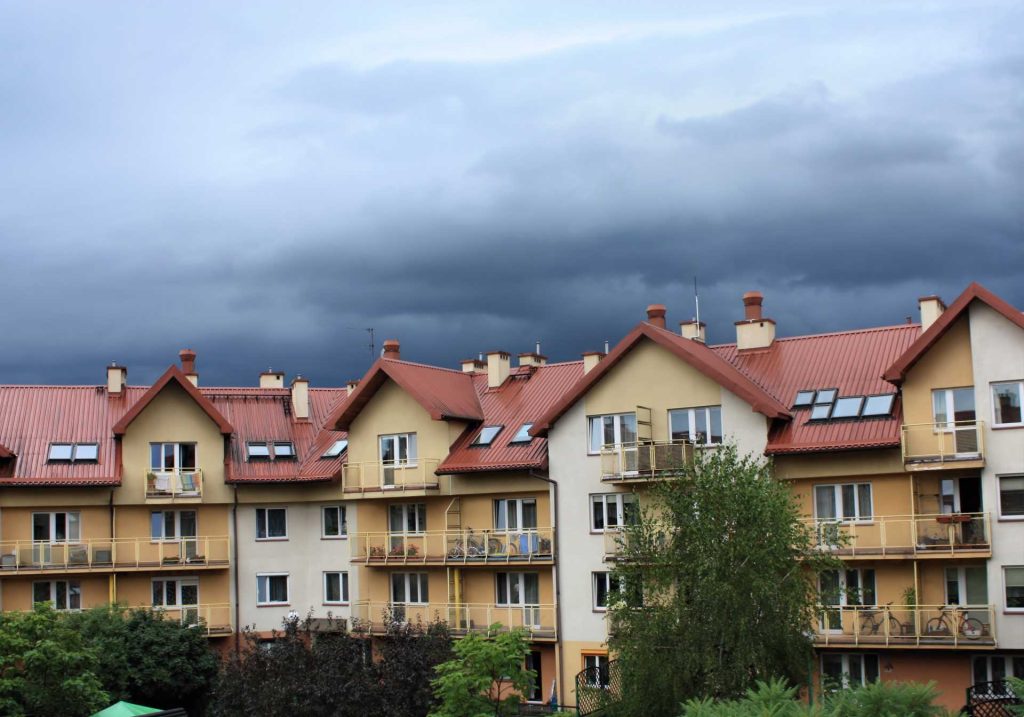Resale Disclosures: What They Are & Why They’re Needed

If you are selling your townhome, condo, or single-family home that is legally platted within a registered Association, you are required by Minnesota state law to provide a “Resale Disclosure Package” to the potential buyer. This “package” consists of a number of items, including: Copies of the Governing Documents (Articles of Incorporation, Declarations, Bylaws, Rules, […]
Having Dogs in an HOA: Rules and Courtesies

Living in a condo or townhome means you need to be respectful of your neighbors, and poorly trained dogs and inattentive owners can cause problems. If you have a dog in your HOA, here are some things to be aware of: Excessive barking It’s inevitable that dogs will bark throughout the day, whether they’re telling […]
Staying Safe During Storm Season

We’ve entered storm season here in the Midwest, so now is a good time to go over some tips for staying safe. In a condo or other high-rise building, there isn’t always a basement or underground parking garage to take shelter in. So, in the case of severe weather, what should you do? No matter […]
